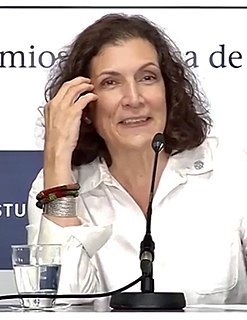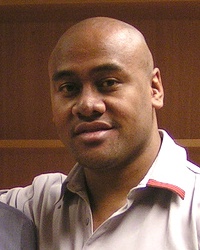A Quote by Sendhil Mullainathan
Serial tasking is hard because switching tasks is hard, even when the tasks are easy and similar. In some experiments, bilingual speakers are asked to read out numbers, first in one language and then midway in another language. They often stumble at the switch, taking many tries before they hit their stride again.
Related Quotes
People are happiest when they're the most productive. People enjoy tasks, especially creative tasks, when the tasks are in the optimal-challenge zone: not too hard and not too easy. To some extent, that has always been true. But it becomes even more true as work becomes more about brains and creativity.
Since functional brain imaging first emerged, we have learned that there aren't very many brain regions uniquely responsible for specific tasks; most complex tasks engage many if not all of the brain's major networks. So it is fairly hard to make general psychological inferences just from brain data.
The enemy often tries to make us attempt and start many projects so that we will be overwhelmed with too many tasks, and therefore achieve nothing and leave everything unfinished. Sometimes he even suggests the wish to undertake some excellent work that he foresees we will never accomplish. This is to distract us from the prosecution of some less excellent work that we would have easily completed. He does not care how many plans and beginnings we make, provided nothing is finished.
If a book is easy and fits nicely into all your language conventions and thought forms, then you probably will not grow much from reading it. It may be entertaining, but not enlarging to your understanding. It’s the hard books that count. Raking is easy, but all you get is leaves; digging is hard, but you might find diamonds.





































